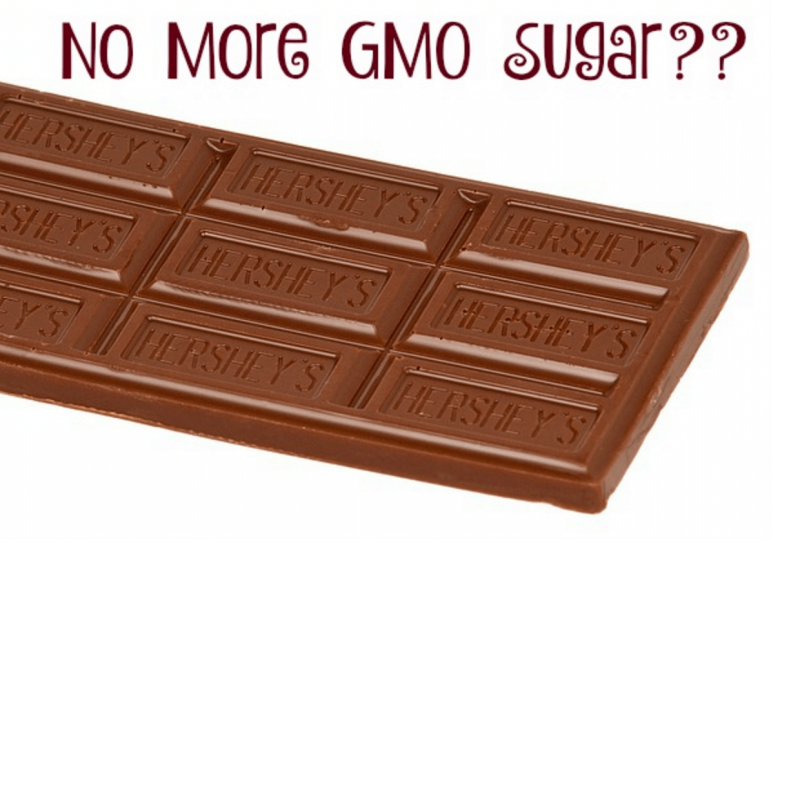The GLP aggregated and excerpted this blog/article to reflect the diversity of news, opinion and analysis.
Increasing concern over genetically modified organisms in farming and food operations has resulted in The Hershey Company’s decision to no longer use the sugar produced from sugar beets in its chocolate.
“As a consumer-centric company, we listen to our consumers and work to respond to their interests and expectations. Non-genetically modified ingredients is something our consumers are telling us is important to them,” said Jeff Beckman, director of corporate communications for The Hershey Company.
According to Beckman, consumer interest in buying products made with non-genetically modified ingredients has caused Hershey to buy mostly non-genetically modified sugar. Only non-genetically modified sugar is used in the production of Hershey’s key brands, such as chocolate bars and milk chocolate “Kisses.”
Hershey’s decision, although impactful, shouldn’t immediately cause alarm at Minn-Dak, explained David Berg, president and CEO of the American Crystal Sugar sugar beet co-op, Moorhead, Minnesota. Both Minn-Dak and American Crystal Sugar’s operations extend into the production of cane sugar, which Hershey uses. . .
Berg reminds consumers that sugar produced from sugar beets is genetically and chemically similar to cane sugar, calling the anti-genetically modified organism movement “purely emotional.” . . .
Although he is aware of consumer concerns and doesn’t dismiss them, Berg said he thinks they are misplaced. . .
Kurt Wickstrom, president and CEO of Minn-Dak Farmers Cooperative in Wahpeton, could not be reached for comment on the decision.
Read full, original post: Hershey’s refuses to use ND/MN sugarbeets due to GMOs































